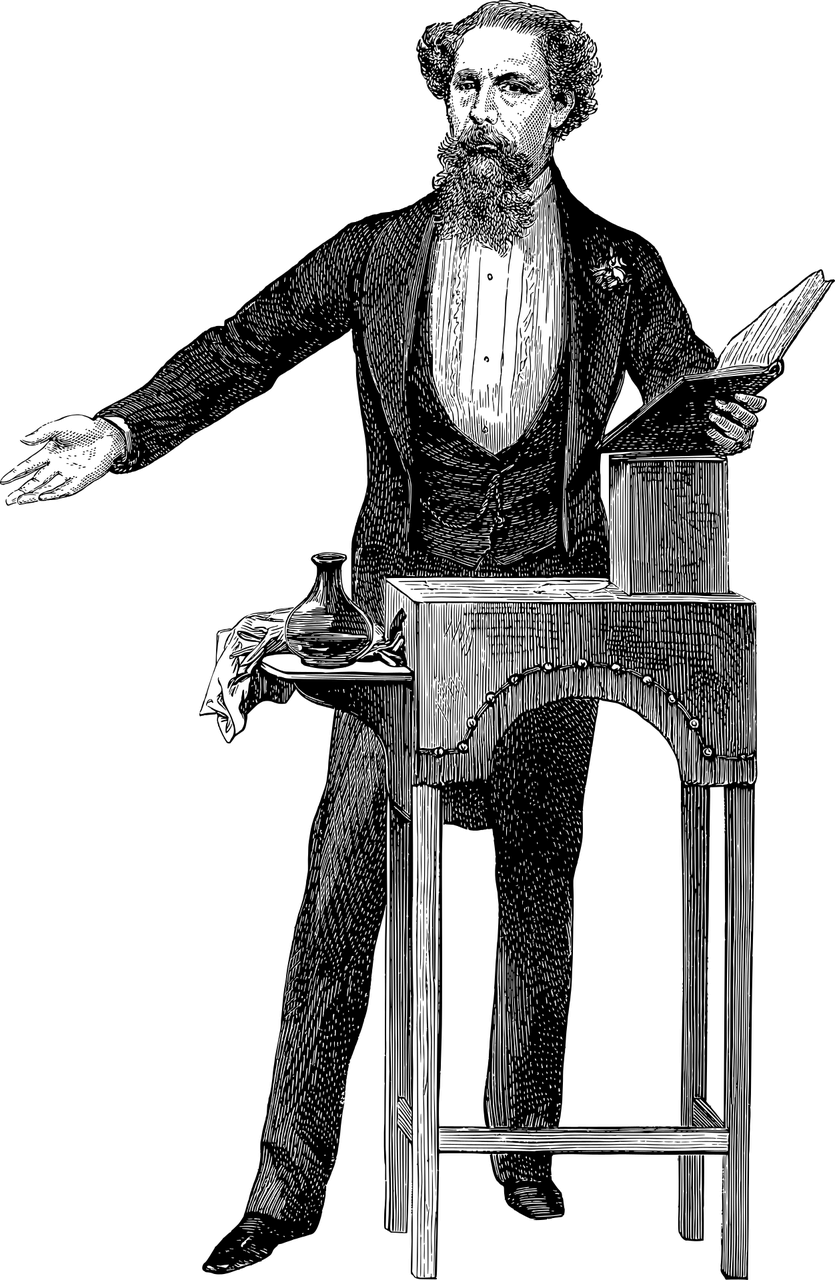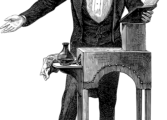George Orwell: A Literary Luminary

Introduction to George Orwell:
George Orwell, born Eric Arthur Blair on June 25, 1903, was an English writer and journalist renowned for his impactful works that explored social and political issues. His thought-provoking novels, essays, and political commentaries continue to captivate readers and provoke critical thinking. Orwell’s keen observations and unflinching honesty have secured him a prominent place in the literary canon.
Early Life and Influences:

Orwell’s formative years greatly shaped his worldview and literary pursuits. Coming from a solidly middle-class background, he attended prestigious schools such as St. Cyprian’s and Eton, where he developed an affinity for language and literature. Orwell’s experiences of poverty while working various menial jobs during his youth, such as being a dishwasher and a hop-picker, deeply impacted his social consciousness. Moreover, his time serving in the Indian Imperial Police in Burma exposed him to the oppressive machinery of colonialism, inspiring him to write on themes of power and control in later works.
Literary Success and Evolution:
Orwell’s first notable literary success came in 1933 with “Down and Out in Paris and London,” a semi-autobiographical work that shed light on the hardships faced by the working class. He followed this with “Burmese Days” in 1934, drawing from his experiences as a police officer in colonial Burma. However, it was Orwell’s dystopian masterpiece, “1984,” published in 1949, that catapulted him to international acclaim. This cautionary tale of a totalitarian regime controlling every aspect of people’s lives resonated deeply with readers, leaving an indelible mark on literature and popular culture.
Themes and Social Commentary:
Orwell’s works persistently criticise totalitarianism, authoritarianism, and the abuse of power, reflecting his staunch opposition to oppressive regimes. In “Animal Farm” (1945), he masterfully employs allegory to satirise the corruption and betrayal of the Russian Revolution. By using animals to represent political actors, Orwell highlights the manipulation and hypocrisy inherent in totalitarian rule. Similarly, “Homage to Catalonia” (1938) offers a first-hand account of Orwell’s time fighting in the Spanish Civil War, exploring themes of political idealism and disillusionment.
Impact and Legacy:
Orwell’s writing continues to serve as a beacon of intellectual resistance. His ability to distill complex political ideas into accessible narratives resonates with audiences of all backgrounds. Orwellian terms, such as “Big Brother” and “Thought Police,” have become part of the cultural lexicon, illustrating the lasting impact of his work on society. Furthermore, his emphasis on truth, honesty, and the importance of individual freedom remains relevant in today’s political climate.
Influences on Contemporary Media:
Orwell’s influence is evident in various forms of media today. Films like “V for Vendetta” (2005) and “The Hunger Games” (2012) draw inspiration from his dystopian themes, highlighting the enduring relevance and universality of Orwell’s ideas. News articles and political discussions continue to reference Orwell when analysing government surveillance and encroachments on personal freedoms.
Conclusion:
George Orwell’s literary contributions are a testament to his unwavering commitment to truth and justice. Through his prolific writing, he challenged the status quo and encouraged readers to remain vigilant in the face of oppressive systems. Orwell’s works transcend time and continue to be celebrated as powerful tools for critiquing and understanding the complexities of society. As we navigate an increasingly uncertain world, Orwell’s prophetic vision serves as a reminder of the enduring power of literature to provoke critical thought and inspire change.
Sources:
– Orwell, George. “1984.” Penguin Books, 2013.
– Orwell, George. “Animal Farm.” Signet, 1996.
– Orwell, George. “Homage to Catalonia.” Mariner Books, 1980.
















































